Is your institution adequately protecting your confidential business and client data? Data protection is critical in this expanding environment of rising regulatory tide. How can you ensure that your data and that of their customers’ is safe and secure?
No one can deny the impact that mobile devices have had on communications on today’s workforce. In fact, to say that they have revolutionized the way in which business is done is nothing short of the truth. New use cases and workflows are leading to increases in both the volume and the type of data that is stored via mobile apps. Further, text messages and mobile apps provide employees with a quick (and often most direct) means of communicating, consequently boosting productivity.
Yet it’s critical to remember that these channels are by no means secure. Not only is it easy for mobile devices to end up in the wrong hands through loss or theft, but text messages and messages sent through many messaging apps are neither encrypted nor privatized.
This is especially significant given the rise of data breaches across industries and sectors. More
specifically, as demonstrated by this visualization of the world’s biggest data breaches, industries
ranging from gaming and healthcare to tech and telecommunications have all experienced data
breaches just within this past year. And these aren’t no name companies. Some of the largest players in their respective industries have been targeted; remember Yahoo, Equifax, JP Morgan Chase and even somewhat ironically the Security & Exchange Commission.
Due to the nature of their business, financial services need to be especially careful. With sensitive personal data at employees’ fingertips, financial institutions need to be taking the utmost precaution.
You better check yourself (and your employee’s communications) before you wreck yourself
All jokes aside, data breaches can have serious consequences to your institution. First, consider the reputational effects of such a breach. Trust in the institution is badly damaged, potentially leading to significant customer churn.
A 2014 study commissioned by Semafone found that 76% of respondents surveyed were unlikely to do business with an organization that suffered a data breach involving email addresses. This number increases to 86% when credit or debit card information is involved.
Second, consider the financial implications of data breaches. Re-establishing member/customer safety can be a costly endeavour. A 2015 survey by the National Association of Federally-Insured Credit Unions (NAFCU) reports that in 2014, credit unions spent an average of $136,000 on data security measures and $226,000 on costs associated with merchant data breaches.
Stay Current on the Future of Mobile Communications
. . . or before the government wrecks yourself
Regulators are cracking down on unsecured communications across industries. Take the healthcare industry as an example. The Health Insurance Portability and Accountability Act (HIPPAA) states that communications regarding personal medical information must be encrypted and privatized. In 2014, two healthcare professionals in North Carolina found this out the hard way when transmitting medical data via text message. Text messages are neither encrypted nor privatized.
As more breaches occur and more sophisticated hacking and attacking are utilized, the regulatory tide can only continue to rise. This is especially true in the financial sector, where the volume of consumer data being stored is colossal. The Gramm-Leach- Bliley Act “requires financial institutions . . . to explain their information sharing practices to their customers and to safeguard sensitive data”. More recently, efforts to enact a national data security standard for all entities handling sensitive financial information has been gaining traction.
How can I “check myself” as well as my employee communications?
Is it possible to both comply with upcoming regulations and stay a step ahead of attackers? The idea of securing, implementing and maintaining a secure, mobile, privatized and encrypted employee communication is slightly intimidating. The good news is here at Mobilearth we’ve been enabling institutions to securely and privately communicate via mobile device with employees and customers since 2005.
As former bankers and technology experts we know the importance of safe and secure employee
communications is critical to the integrity of every branch and every customer relationship. Knowing this we developed the next-level secure, encrypted and privatized employee communications app – MobiConnect.
MobiConnect is a secure chat app that empowers employees to stay connected and informed – all
without jeopardizing your data security. Beyond mobile encrypted chat, MobiConnect delivers a mobile employee locator, prospect database, expense tracker, multi-factor security and more. Download the full MobiConnect feature brochure to learn more.
Get your employee communications compliant today
The tides have shifted and the regulators are cracking down on institutions that are non-compliant across sectors. Get your employee communications compliant and gain peace of mind with the MobiConnect secure chat app from Mobilearth. Start with a free 30-day trial of MobiConnect today!
To learn more about MobiConnect visit: https://www.mobilearth.com/mobiconnect-secure- chat/
For further questions on regulatory compliance for employee communications please comment below or contact us at gomobile@mobilearth.com.





